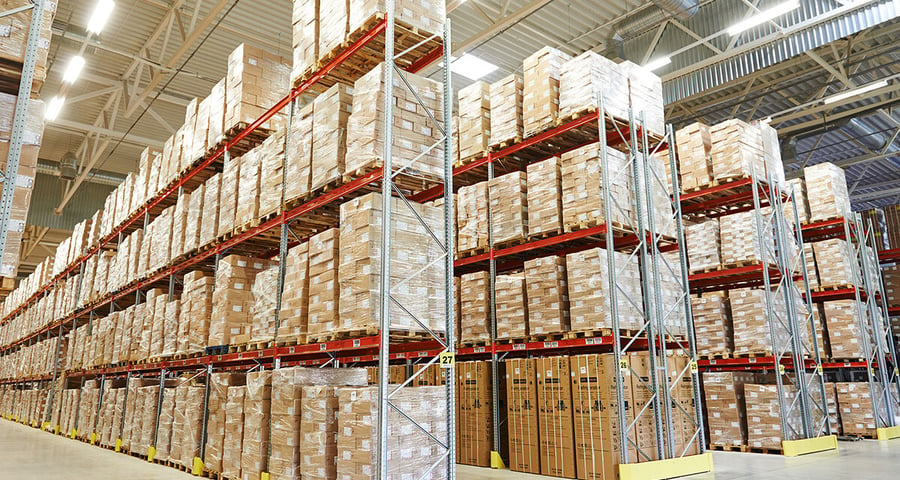Revolutionizing Business Through the Functional Economy
Production and consumption are the cornerstones of our linear economy—but their environmental impact is leading many to question this traditional model.
In this context, the functional economy offers an innovative alternative to our current practices by reducing consumption. Let’s explore what this approach entails.
An Innovative Business Model
The functional economy proposes a radical shift in how we approach business: instead of selling products, companies sell the function those products provide. For example, when we buy a car, we’re really acquiring mobility, comfort, and even social status—not just a collection of mechanical parts.
“As it stands, many business models are transaction-based—focused on selling a product. The functional economy, on the other hand, is about buying a function, something that results from the product, not the product itself,” explains Vincent Lusignan, Executive Director of Synergie Économique Laurentides . This concept paves the way for innovative business models focused on sustainability and maximizing product value.
Companies like Communauto , which offers mobility rather than car ownership, or Xerox and Michelin, which charge per printed page and per kilometer driven respectively, are great examples of this shift toward a functional economy.
In Quebec, emerging initiatives are beginning to take shape—like Mailhot Industries , which offers activation cycles instead of simply selling products. Although still in its early stages, the functional economy shows strong potential.
Long-Term Benefits
For businesses, adopting a functional economy strategy can lead to recurring revenue, reduced environmental impact, and stronger customer relationships. By offering services tied to a product’s function, companies engage in long-term partnerships with their customers—leading to greater loyalty and profitability.
“There’s a lot to be gained in terms of profitability, accessibility, and performance. I believe there are opportunities at many levels of our lives that could make transitioning quite simple,” says Vincent Lusignan.
However, the shift toward a functional economy doesn’t come without challenges. It requires tax adjustments and a transformation of the traditional business model. Moreover, consumer mindset must evolve. While some are ready to embrace this new approach, others may need more time to adapt.
The functional economy also fits within the broader framework of the circular economy. By extending product life and minimizing waste, it helps preserve natural resources and reduce pollution.
For Quebec companies aiming to adopt more sustainable practices, Synergie Économique Laurentides offers valuable support—providing guidance, referrals, and practical solutions to help them take the leap into the functional economy.
Subscribe to our monthly newsletter
Other Posts



